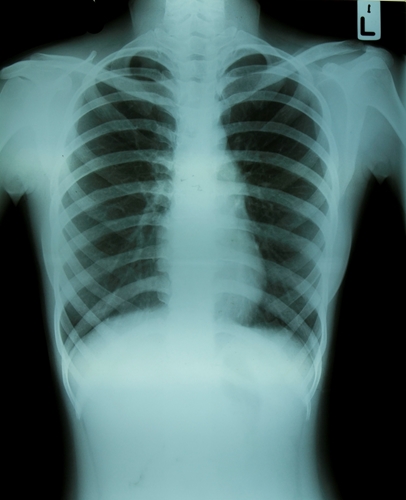Health care providers follow specific regulations when it comes to ordering medical imaging exams, including mammography screenings, for at-risk patients. Since the U.S. Preventive Services Task Force issued a series of recommendations in 2009, doctors have gone back and forth over the proper standards for conducting tests to investigate early signs of malignancies.
A new study, published in the Feb. 9 issue of the Journal of Clinical Oncology, showed that mammogram rates have dropped since the USPSTF released its suggestions almost six years ago.
Drops indicate changes in radiology
The guidelines provided by the USPSTF have clearly affected the screening habits of radiologists, as evidenced by the results of the study. Led by Frank Wharam, M.P.H., researchers from Harvard Medical School analyzed breast screening rates three years after the agency's recommendations were released to the public, AuntMinnie.com reported.
Back in 2009, the USPSTF scaled back its previous recommendations that women ages 40 years and older receive screenings every one to two years. Instead, the group stated that patients should consult with their primary care physicians beforehand. In addition, women ages 50 to 74 years were advised to undergo biennial, rather than annual, screenings. The Harvard researchers wanted to assess the effects of these policy updates on mammography screening rates in the U.S. Wharam and his colleagues analyzed data based on age and ethnic background.
The team reviewed enrollment and administrative claims information collected between 2005 to 2012 from the Optum Clinformatics Data Mart dataset. The study cohort represented a large national health plan with members in all 50 states, including more than 2 million women per year during the time period.
Wharam and his researchers first calculated actual screening rates for the different years of the study, then predicted what those figures would have been without the USPSTF recommendations. They found that the annual screening rate among women between the ages of 40 to 49 was 38.8 percent in 2012, but it would have been closer to 43.1 percent without the guideline changes. When it came to biennial screenings, women in the same age group saw their rates drop to 65.8 percent from the predicted figure of 71.9 percent.
While declines for all age groups can be worrying, the decreases among older women could be cause for concern among opponents of the USPSTF suggestions.
Covering the cost of screenings
One of the biggest obstacles to mammography and other screening procedures is the associated costs. However, a recent press release from the U.S. Centers for Medicare and Medicaid Services indicated that the agency plans to provide coverage for certain Medicare beneficiaries.
"This is an important new Medicare preventive benefit since lung cancer is the third-most common cancer and the leading cause of cancer deaths in the U.S.," CMS chief medical officer Patrick Conway, M.D., wrote in the release.
The benefit of the once-per-year coverage is open to patients between the ages of 55 to 77 years old, as well as other stipulations, such as:
- Currently smoke tobacco or have quit within the past 15 years
- Have smoked an average of one pack of cigarettes per day for 30 years
- Have a written order for the test from a primary care physician.
Medicare coverage would include office visits dedicated to counseling on tobacco-related issues and conversations on the relative benefits and potential harms of lung cancer screenings. The CMS announcement aligns well with the updated guidelines from the USPSTF. The new coverage regulations could draw an ideal balance between access to preventive measures and maximum screening benefits for Medicare enrollees.
Contact Viztek for more information.
Ronny Bachrach
Latest posts by Ronny Bachrach (see all)
- Konica Minolta Debuts First-of-Its-Kind Digital U-Arm System at AHRA - July 27, 2016
- Researchers Detect Signs Of Stroke Risk Using MRI - June 27, 2016
- Imaging Biz: Q&A with David S. Channin MD: How to Make PACS Patient Centered - June 22, 2016










